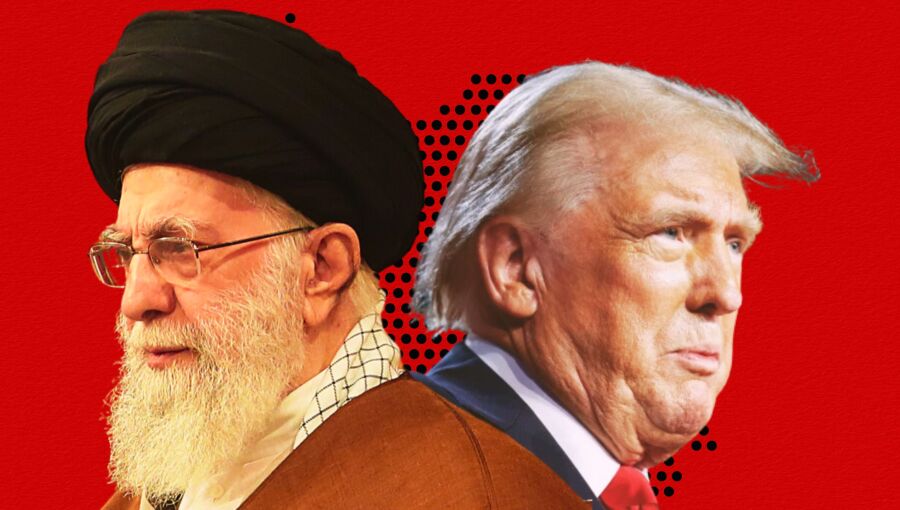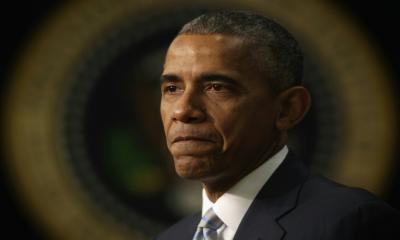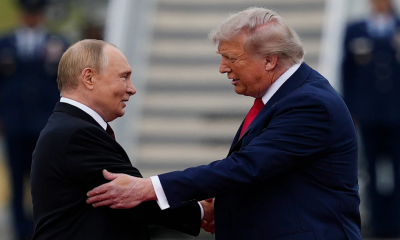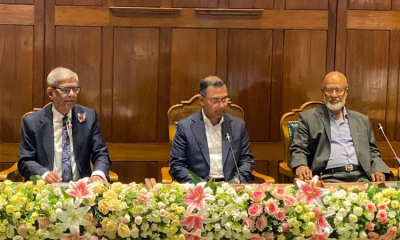In his second term as President, Donald Trump has taken a bold step by imposing his first set of sanctions on Iran.
These new sanctions are part of his ongoing "maximum pressure" campaign against the country.
The U.S. Department of the Treasury made the announcement on Thursday, focusing specifically on Iran’s oil network as the target of these measures.
The sanctions will now affect companies, ships, and individuals linked to those already under sanctions during the previous administration under Joe Biden.
The U.S. has regularly enforced such actions to ensure the ongoing pressure on Iran.
U.S. Treasury Secretary Steven Mnuchin spoke out about the reasoning behind the sanctions, stating that Iran has been using its oil revenues to support its nuclear program, develop missiles and drones, and back what he called “terrorist” proxy groups in the region.
"Iran is focused on benefiting from its oil revenues to fund its nuclear program, develop deadly ballistic missiles and drones, and support its regional ‘terrorist’ proxy groups," Mnuchin said in a statement.
He went on to say,
"The United States is committed to strongly countering any efforts by Iran to finance these malign activities."
For years, Iran has rejected these sanctions, calling them "piracy," especially when it comes to blocking its oil exports.
The Treasury Department also pointed out that individuals and companies from countries like China, India, and the UAE, involved with Iran’s oil sector, would now fall under these sanctions.
Just days before the announcement, Trump signed an executive order aimed at increasing pressure on Iran.
When Trump first took office, he withdrew the U.S. from the historic nuclear deal with Iran and five other world powers, and has since continued to apply more pressure.
The 2015 deal, known as the Joint Comprehensive Plan of Action (JCPOA), allowed Iran to halt its nuclear program in exchange for the removal of economic sanctions.
While President Biden tried to revive the agreement, his efforts failed after multiple rounds of indirect talks with Iran.
The situation worsened in October 2023 when Israel launched a major offensive in Gaza, causing international focus on the deal to shift once again.




-20260216055149.webp)


-20260215061522.webp)





-20260217073221.webp)




-20260216115008.webp)



















